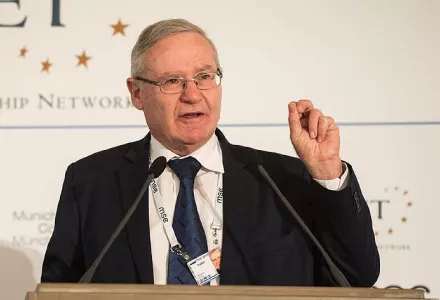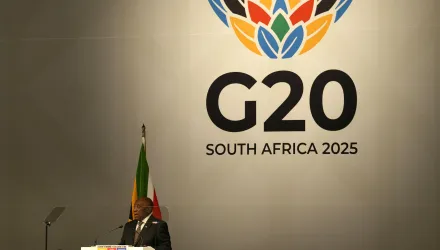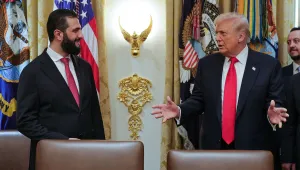One year after the end of the Trump administration, is the Middle East closer to peace or further away from it than ever before? A new Right-Left, Jewish-Arab coalition government in Israel, the rapid warming of ties between Israel and several Arab states, and a newly engaged Biden administration suggest the former; while fears over Iran's assertive foreign policy (particularly in Syria and Yemen) and its nuclear ambitions, and the ongoing tensions in the West Bank and Gaza suggest the latter.
Middle East Initiative (MEI) Senior Fellow Maj. Gen. (ret.) Amos Yadlin will join MEI Faculty Director Tarek Masoud to offer his perspective on these events and what they mean for the future of Israel and the Middle East from his vantage point as a longtime Israeli soldier, national security official, and strategic analyst.
This discussion will be held in-person and is open to HUID holders (Harvard faculty, staff, students, and fellows) only.



